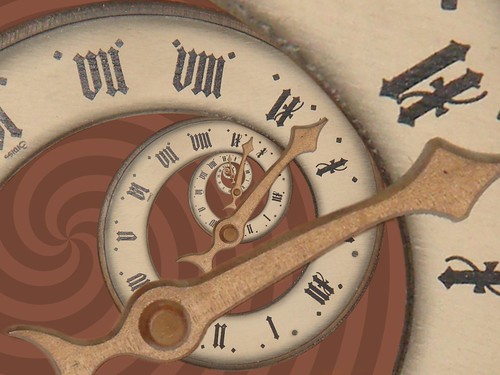Disclaimer: I absolutely adored The Wife, by Meg Wolitzer.
First lines: "The moment I decided to leave him, the moment I thought, enough, we were thirty-five thousand feet above the ocean, hurtling forward but giving the illusion of stillness and tranquility. Just like our marriage, I could have said, but why ruin everything now?"
Background/sysnopsis: Joan is 64, married to literary sensation Joe Castlemen for over 40 years, and he's about to receive a prestigious literary award to mark his accomplishments over the years. The story wanders between past and present, from when they met back in the mid 1950s when she was a student in his writing class at Smith College. (He was only 5-7 years older, so it's not an entirely creepy student/professor affair.) This was, of course, before the 2nd wave of feminism swept the country, when (middle-upper class, white) women went to college and worked as assistants or secretaries to kill time until they managed to marry, and could then fulfill their purpose in life by gracefully, meekly, invisibly supporting and accenting the important lives of their husbands (and children).
Joe once told me he felt a little sorry for women, who only got husbands. Husbands tried to help by giving answers, being logical, stubbornly applying force as though it were a glue gun. Or else they didn't try to help at all, for they were somewhere else entirely, out walking in the world by themselves. But wives, oh wives, when they weren't being bitter or melancholy or counting the beads on the abacus of disappointment, they could take care of you with delicate and effortless ease.Impressions: Wolitzer is exactly the kind of witty satirical writer I love. Joan tells her story with a wry world-weariness, highlighting her competing desires, desires she didn't realize had any right to compete at all, for women. She is told, early on, that she is a talented writer, but then, a woman author who writes boldly and 'masculinely' warns her:
"Don't think you can get their attention," she said.
"Whose?"
She looked at me sadly, impatiently, as if I were an idiot... "The men," she said. "The men who write the reviews, who run the publishing houses, who edit the papers, the magazines, who decide who gets to be taken seriously, who gets put up on a pedestal for the rest of their lives. Who gets to be King Shit."
"So you're saying it's a conspiracy?" I asked gently.
"If you use that word it makes me appear envious and insane," Elaine Mozell went on. "Which I'm not. Yet. But yes, I guess you could call it a conspiracy to keep women's voices hushed and tiny and the men's voices loud."*Joan seems to take this advice to heart, and doesn't allow herself to want things beyond what the world tells her she should want. She loves her children, and her husband, although she allows him more unattended faults and betrayals than I could ever abide in anyone. (I say that, but I live now, not then.) The gender politics of both marriage and the literary world are the main themes of the novel, and the negotiation that women had to make just to get through their lives. It sounds like it could be a bitter tale, but it's not, not really. It's tender, insightful; Joan is resigned to her fate with a touch of bitterness and regret occasionally drifting to the surface, but she seems to know it useless to dwell on past mistakes and shortcomings. She's a woman who's sacrificed more of herself than an individual should ever have to give up for the happiness of another, and yet she is strong in the quiet, non-boastful way women were allowed to show their strength.
Everyone needs a wife; even wives need wives. WIves tend, they hover. Their ears are twin sensitive instruments, satellites picking up the slightest scrape of dissatisfaction. Wives bring broth, we bring paper clips, we bring ourselves and our pliant, warm bodies. We know just what to say to the men who for some reason have a great deal of trouble taking consistent care of themselves or anyone else.I will say the 'shocking' ending the book cover boasts was not shocking to me at all. I thought it was supposed to be subtly obvious, but since apparently it's not supposed to be obvious, I can't discuss it (though I'm dying to). This novel would make an excellent choice for book clubs, especially any with desire to explore gender stereotypes and inequality, as well as the inevitable inequities that develop in a marriage (because no matter how hard you try, it is impossible to make any partnership exactly equal at all times). I would rate it just shy of 5/5, only because at times the gender inequalities seemed slightly too over the top, but then again, I live now, not then. Overall I loved this book. It was a reading flavor explosion, and one for savoring.
Note: Those sticky tabs (and the invisible post-its inside) represent my method of 'marginalia' in library books!
*This is the subject of a post on men & women's assigned differences in subject matter interest that's been percolating in my brain for some time, and is long overdue. I must get to it soon.







